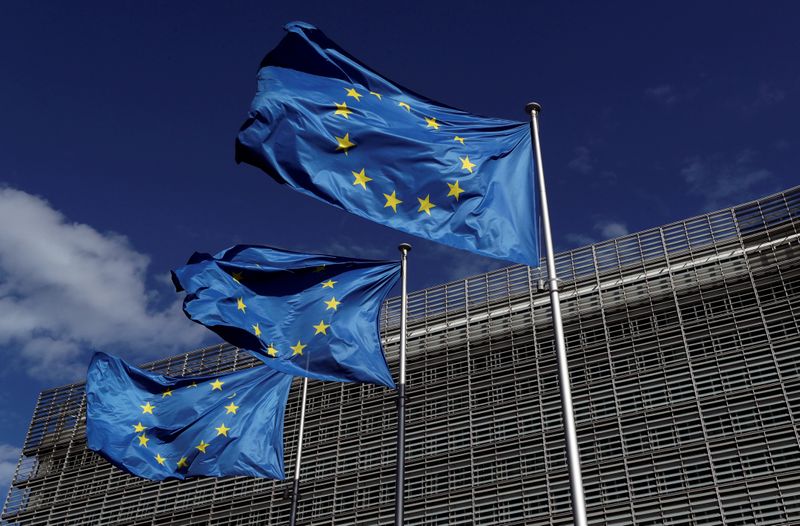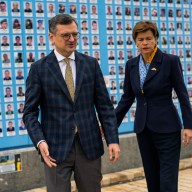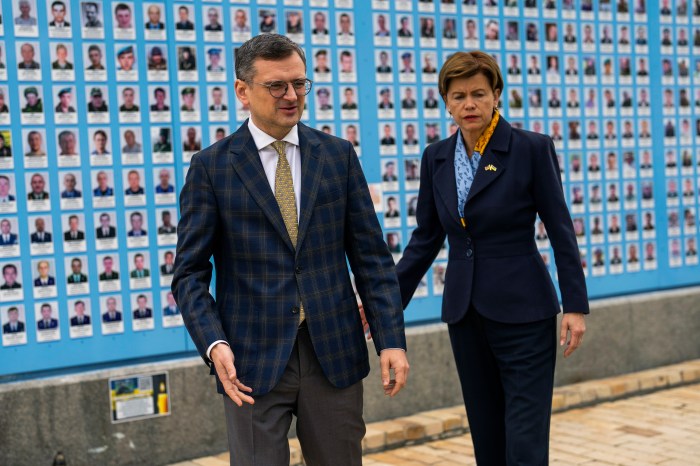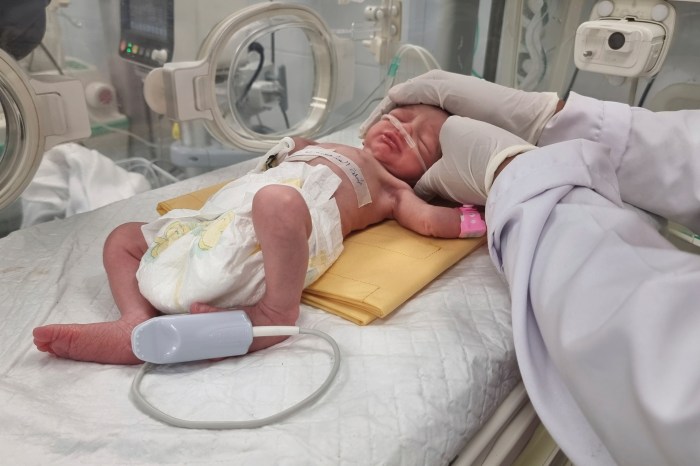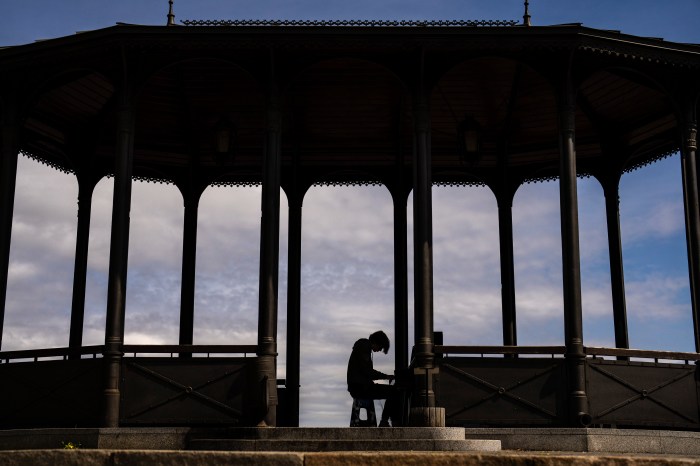BRUSSELS (Reuters) – European Union leaders asked their Brussels-based executive on Friday to name strategic areas where the bloc relies too much on countries such as China and the United States, and to propose ways to make amends.
EU leaders said their industry needed to be more competitive, autonomous and resilient after the COVID-19 pandemic highlighted the bloc’s dependence on Chinese components in the production of drugs.
In their decision following a two-day summit in Brussels, the leaders told “the Commission to identify strategic dependencies, particularly in the most sensitive industrial ecosystems such as for health, and to propose measures to reduce these dependencies.”
There is also mounting concern that the 27-nation bloc is lagging the United States in the design and manufacture of batteries and in digital cloud storage.
The EU has set digital and green technologies as priorities and wants to help shift the economy using much of its 750-billion-euro ($890-dollar) fund for kick-starting growth after the pandemic.
Leaders named the European Battery Alliance, the Internet of Things and Clean Hydrogen Alliance as projects for the EU to focus on. They also called for the development of new industrial alliances, including on raw materials, micro-processors, telecommunication networks, low-carbon industries, and Industrial Clouds and Platforms.
The leaders agreed that “a significant part” of the 1.8 trillion euros that will be available to EU countries under the bloc’s budget for 2021-27 and the linked recovery fund should be go towards supercomputers and quantum computing, blockchain, human-centred Artificial Intelligence, microprocessors, 5G networks, secure communications and cyber protection.
(Reporting by Jan Strupczewski)

